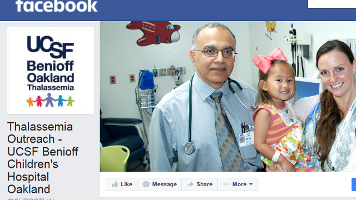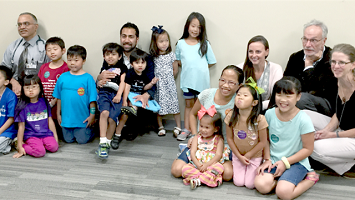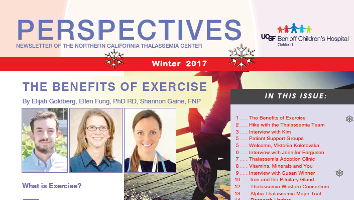Resources and Support
Psychosocial Support
Culturally sensitive psychological services make up a critical part of all comprehensive care plans for patients with thalassemia. Thalassemia imposes a significant intrusion in the lives of patients and their families. The effects are many, sweeping from financial hardships and absence from school and work to significant problems with self-image and self-esteem. All of these issues have a tremendous impact of the effectiveness of therapy and on the quality of life of patients. These challenges are further complicated by normal stages of development incurred from infancy to adulthood and by vast cultural differences. This latter point cannot be emphasized enough. Because of the ethnic predilection of thalassemia, the patients come from diverse cultural backgrounds which are usually different from those of their health-care providers.
Ongoing therapeutic services are needed to help patients cope with issues related to chronic illness and mortality. Psychologists providing support should be experienced and consistent. All professionals who provide care and support to these patients must be aware of the cultural, social, developmental, and behavioral issues that affect this diverse population. Behavioral problems have great bearing on compliance with therapy, and thus with medical outcome, as well as with quality of life for patients with chronic disease. Medical and psychosocial professionals must also collaborate closely with each other in order to provide optimal care to their patients. Referral to outside providers who have no knowledge or understanding of the medical problems is generally ineffective.
Patients should have an evaluation of general functioning and adaptation to chronic illness and hospital culture. In addition, assess patients’ ability to comply and cope with medical regimen. Assistance and intervention with issues of compliance and coping styles should be considered for every patient. Evaluate and refer patients to a psychiatrist for administration of psychotropic medication. In addition, therapeutic groups for adolescents and adults must be organized and directed.












